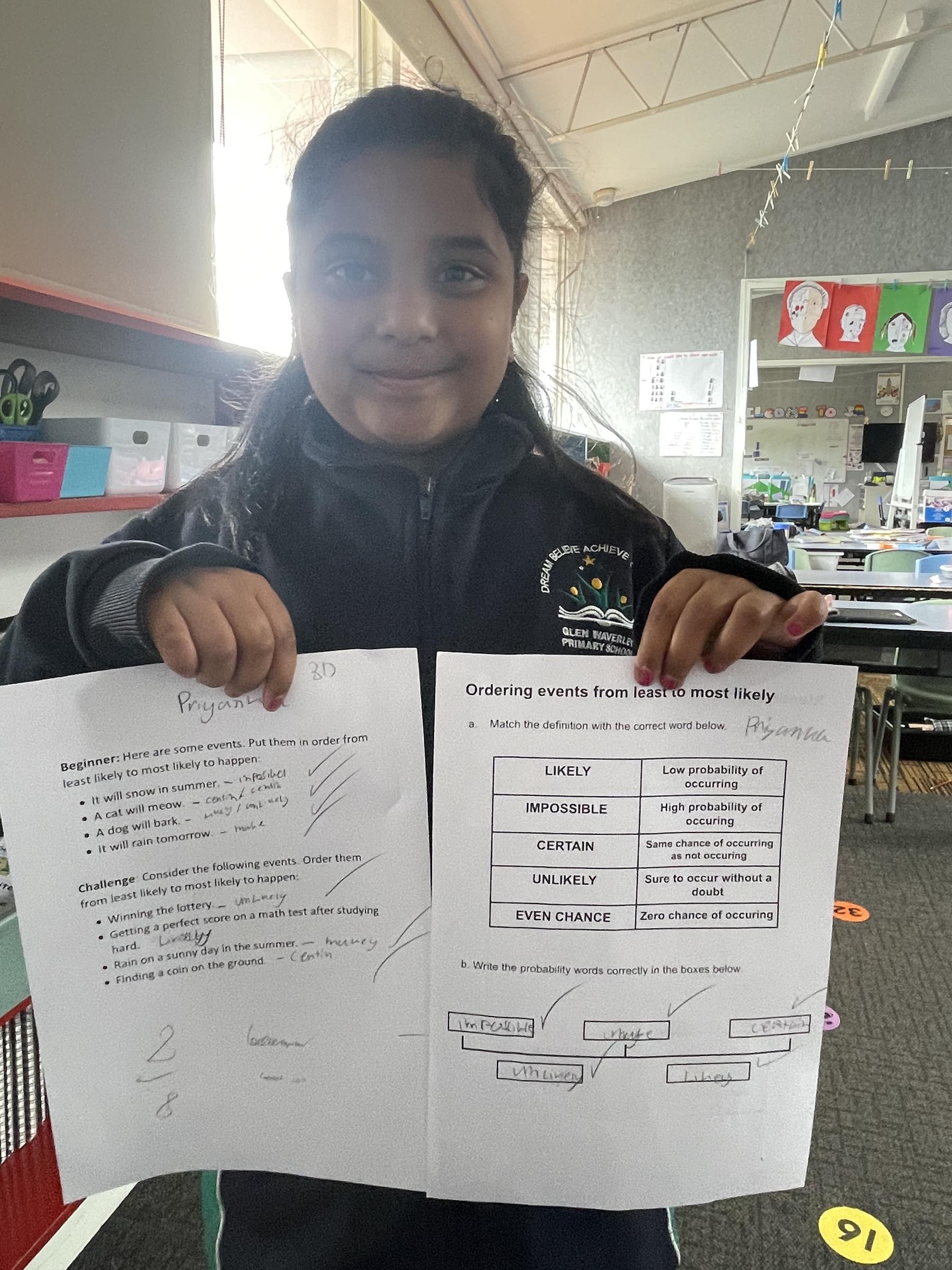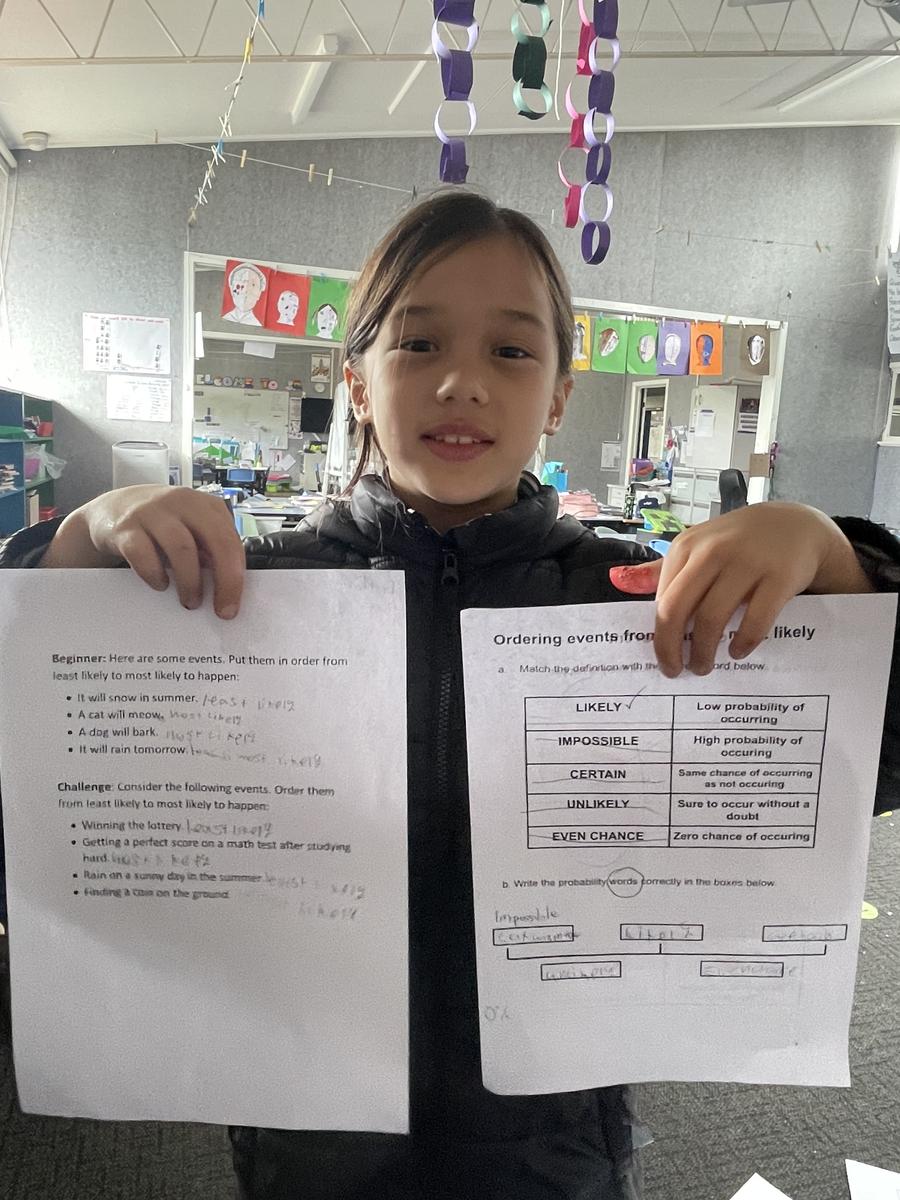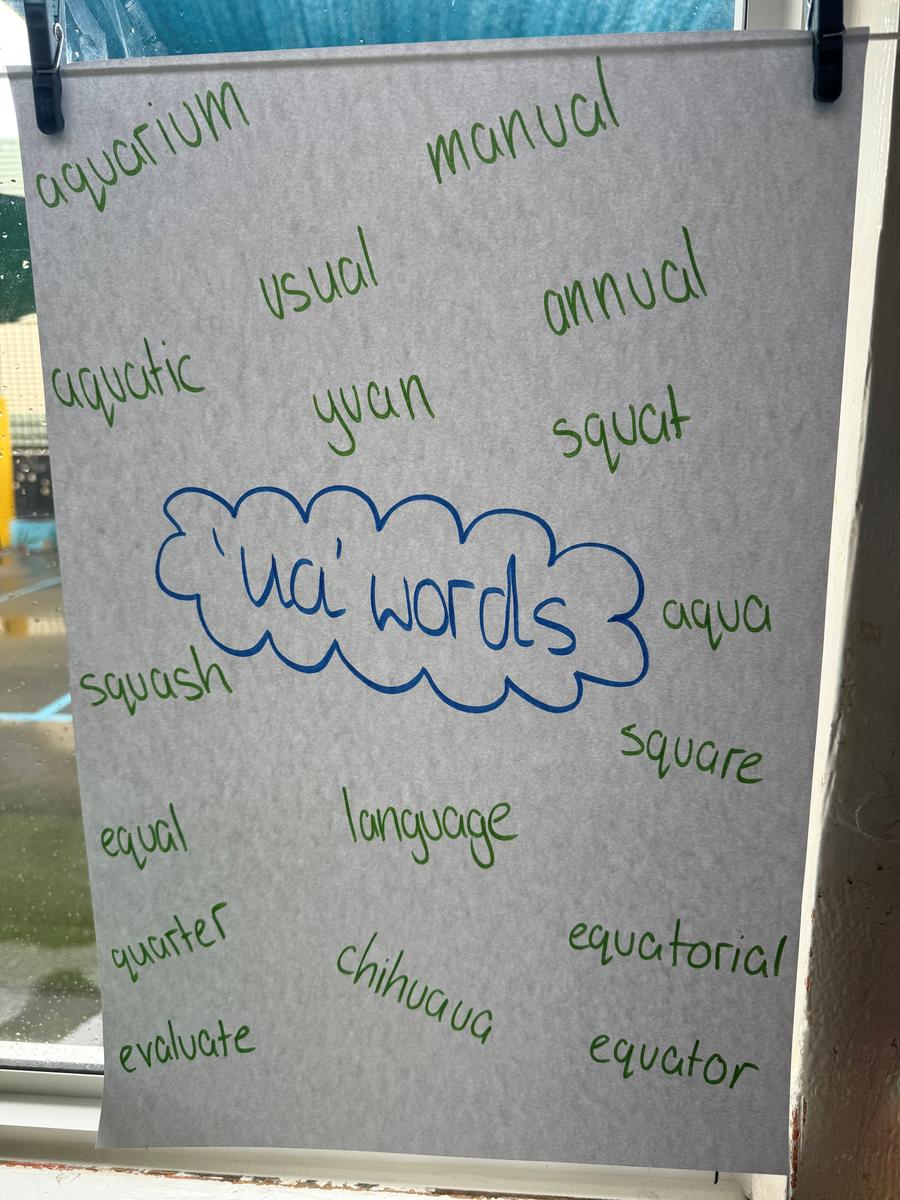English

Reading
At the beginning of Term Four, students will be exploring procedural texts. They will be exposed to various mediums, including written, verbal and visual procedures. Students will analyse procedural texts for their purpose, audience, structure and language and compare their levels of engagement between a variety of procedures. They will develop an understanding that recipes, games, science experiments, instructions and manuals are all types of procedural texts. Towards the end of Term Four, students will revisit and deepen their prior knowledge of narratives by analysing them for their plot, theme and character development. Students will utilise the CAFE reading strategies and their personalised goals to help improve their reading skills.
Key Vocabulary:
Steps
Headings
Adverbs
Discussion
Ingredients/Materials
Writing/Spelling/Grammar
During the first half of Term Four, students will investigate and deepen their understanding of procedural texts. Students will be able to transfer the information discovered in Reading lessons regarding the purpose, audience and language of procedures, into their own texts. They will create written, visual and video formats of procedures, whilst utilising their VOICES goal. Students will produce procedural texts that follow the correct structure which will demonstrate their understanding that a procedure has a title, aim/purpose, materials and method. Students will expand on their knowledge of accurate and precise verbs and the importance of incorporating them into their writing so that the audience can accurately carry out each step.
Once the procedural text unit has concluded, students will have the opportunity to follow up their learning from the beginning of the year with narrative writing. We will explore how they can use engaging vocabulary in their texts, as well as delving deeper into important elements of narrative writing, such as characters, settings, problems and solutions.
As part of the Spelling program, students will be encouraged to continue to expand their vocabulary through our Spelling Inquiry sessions. During learning, students will identify words misspelt in their writing and conduct research into these words, developing a deeper understanding of the origin and meaning, and transfer how different word parts then form their own spelling words for Home Learning. Students are to independently record unfamiliar words or words used in unusual ways that are found in their reading and writing. They will spell and investigate their meanings using dictionaries, thesaurus and iPad applications.
Key Vocabulary:
Syllable
Blend
Solution
Character
Problem
Setting
How can you support your child’s English learning at home?
- Ask questions about and look at their home learning tasks, as these follow on from learning at school.
- Involve them in procedures at home, highlighting actions (verbs). This could include cooking a meal or planning a shopping list.
- After reading, ask questions such as ‘If you were to continue this story, what might you write about?’ Doing this may assist them with forming ideas for narrative writing pieces.
- Provide opportunities for your child to follow a procedure and experience what it is like to follow a recipe, build furniture, follow the rules of a game, etc. Reflect on the experience with them by asking questions such as, “Were these instructions easy to follow?” “Did the verbs help you with what you had to do?”



